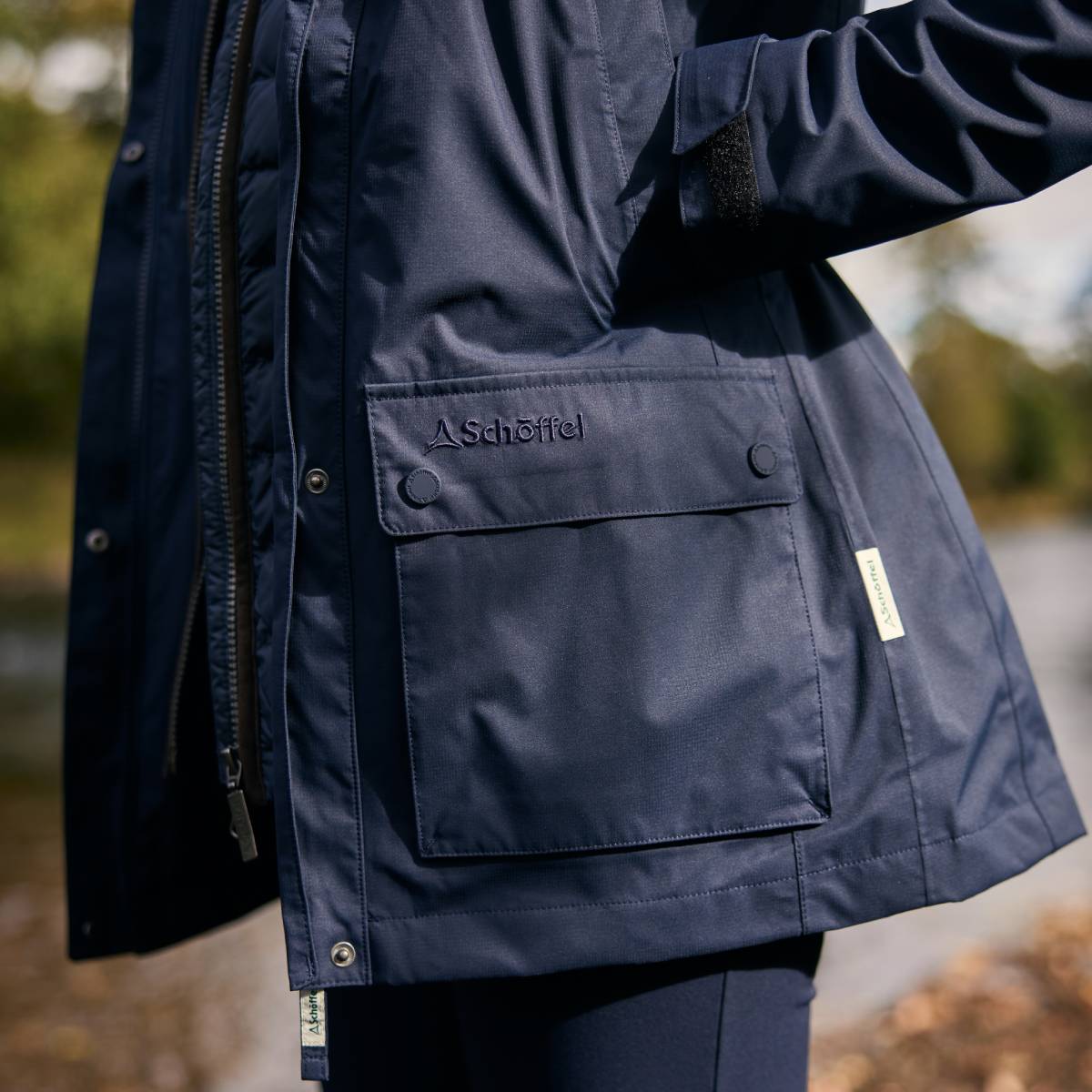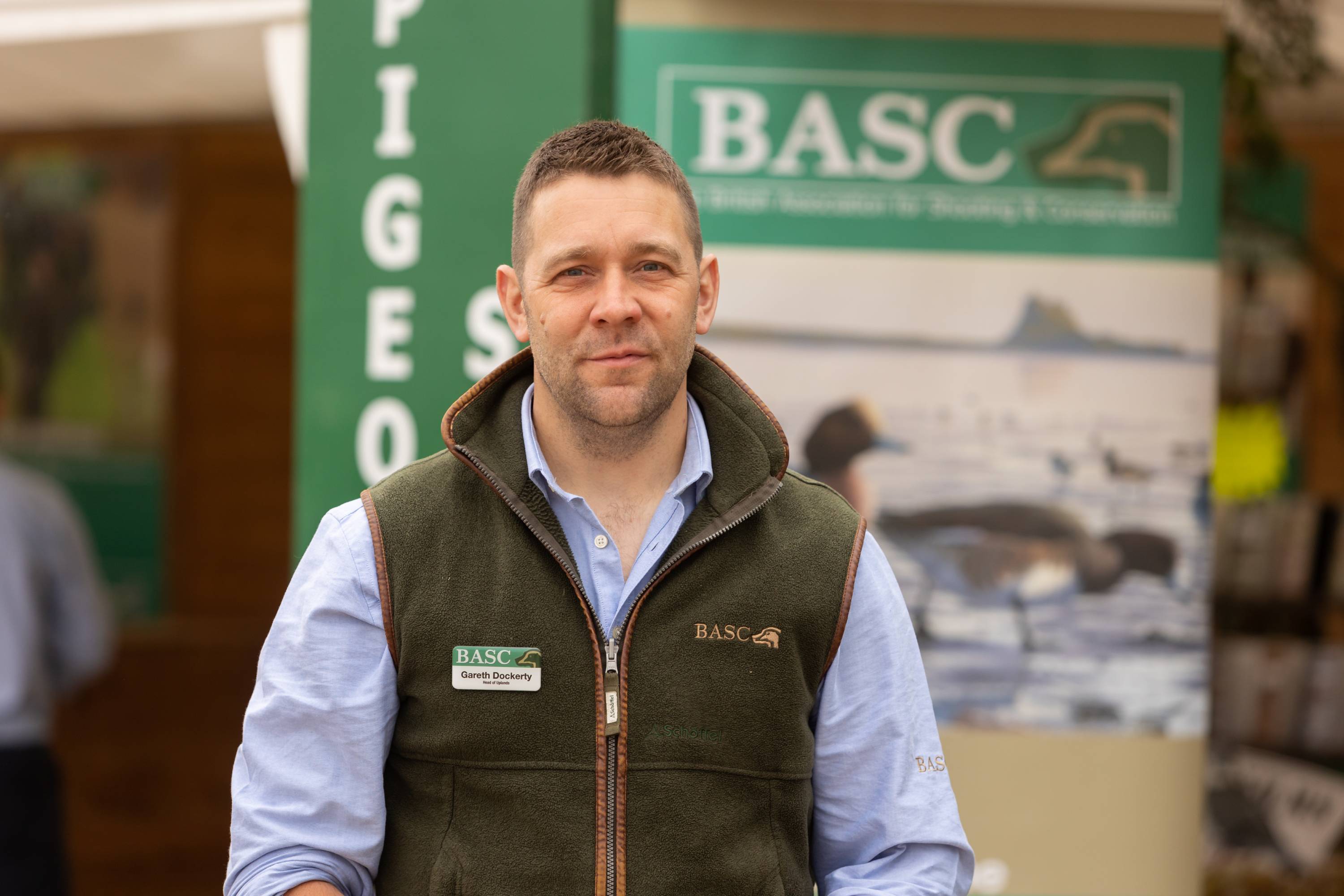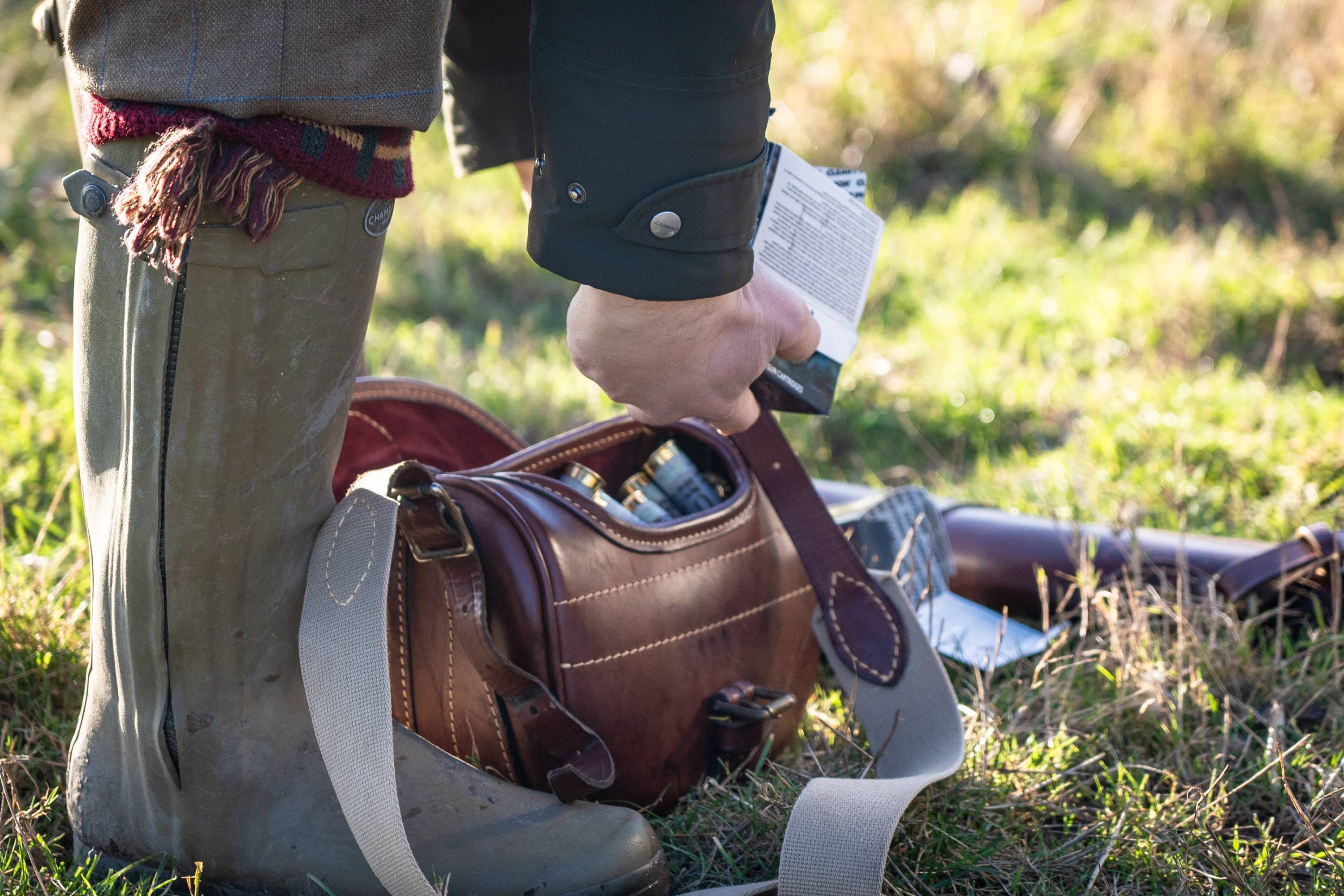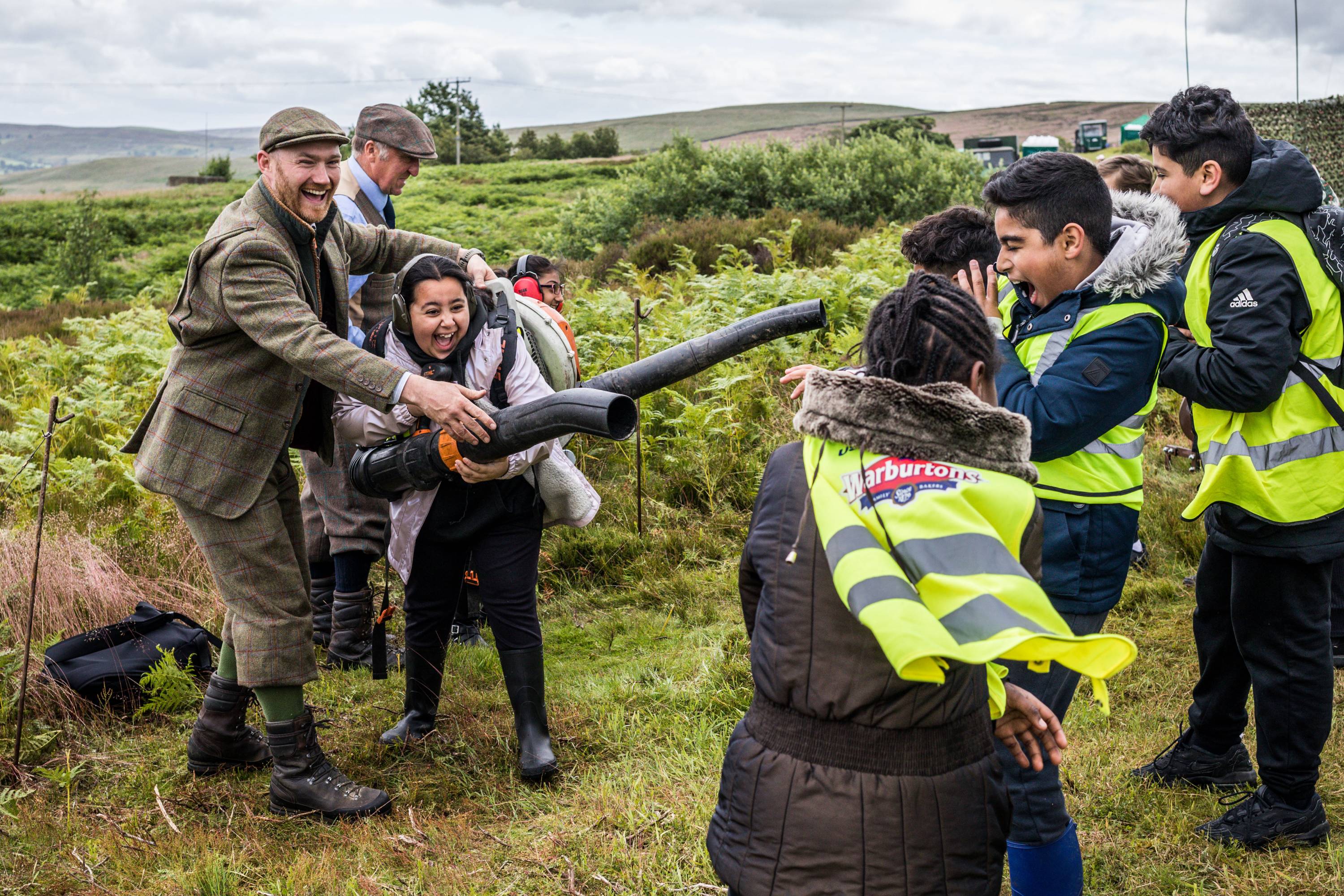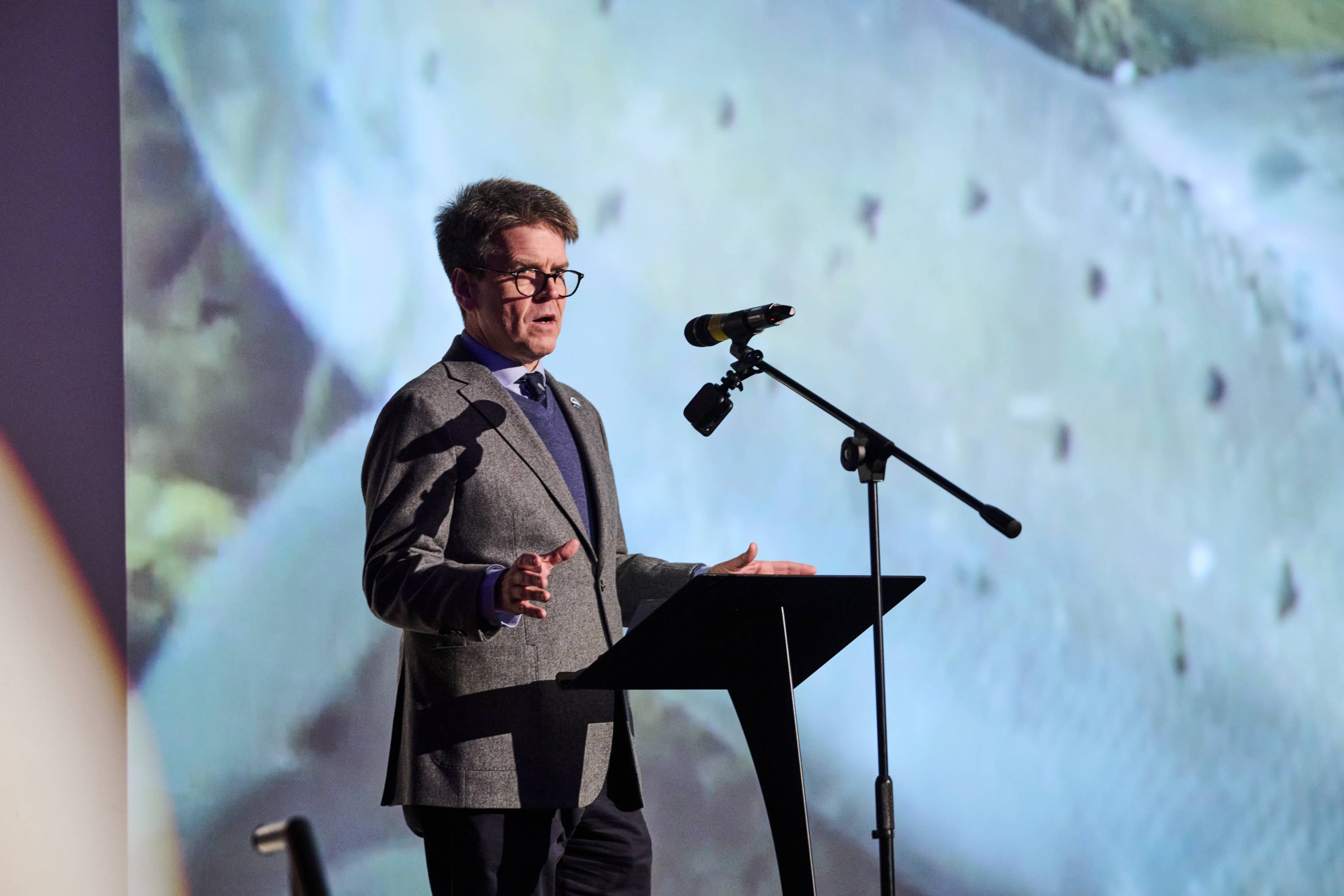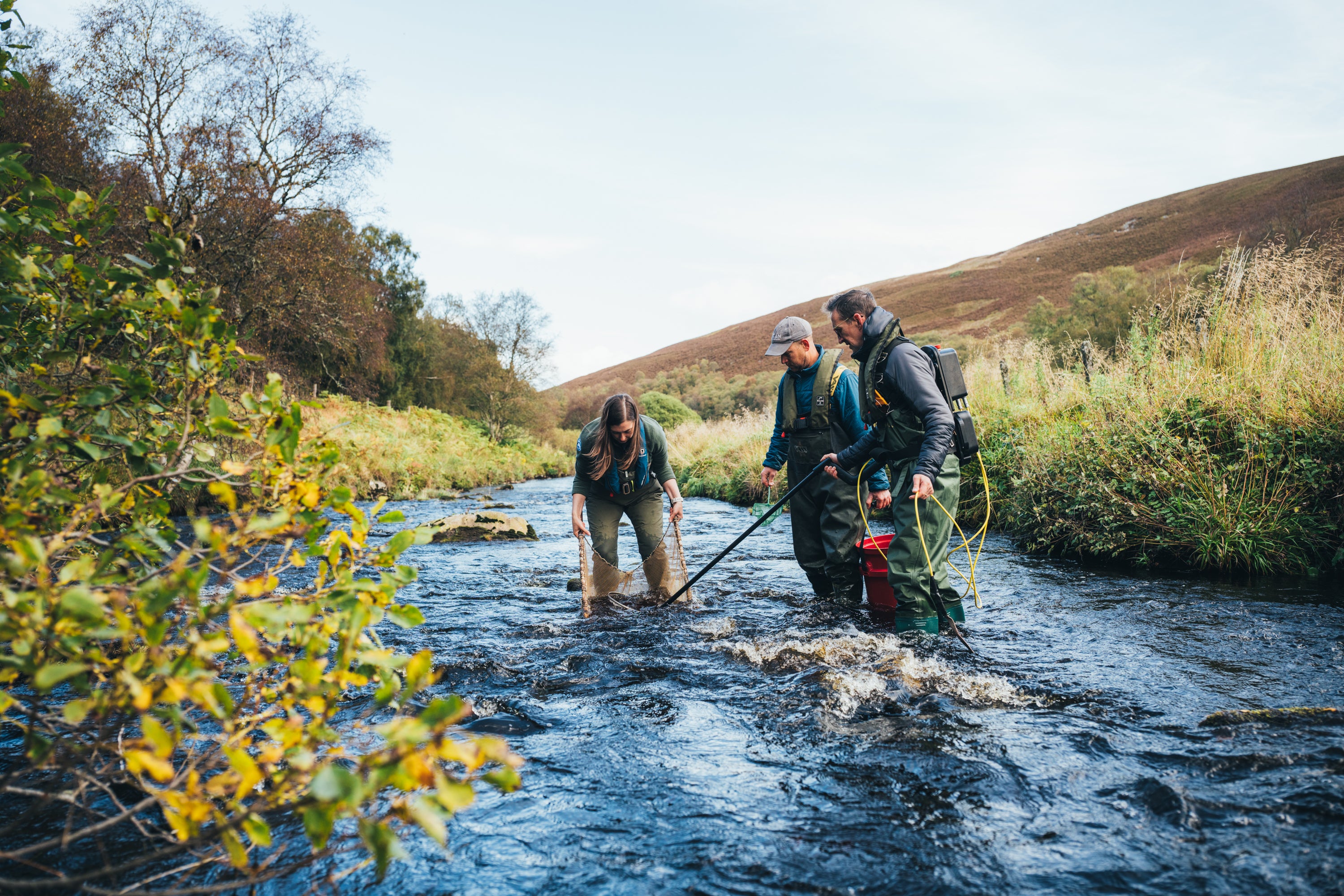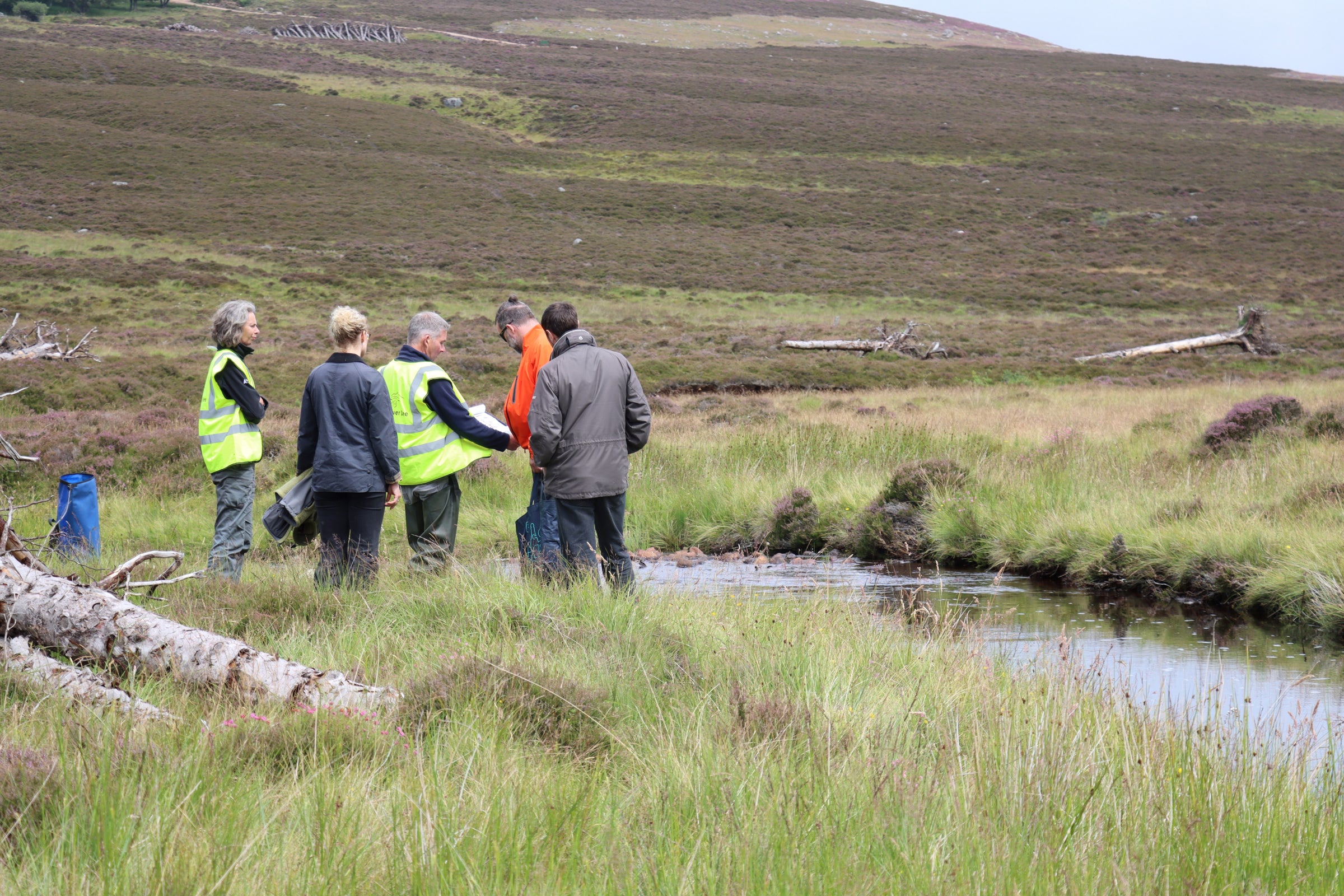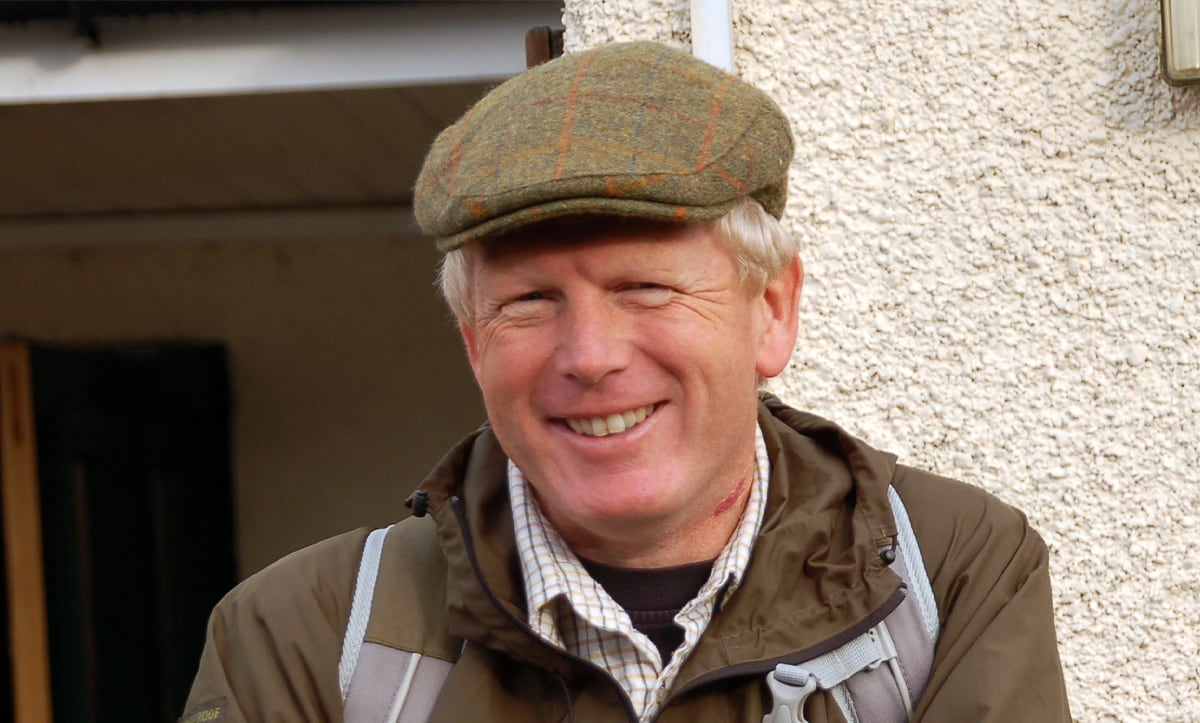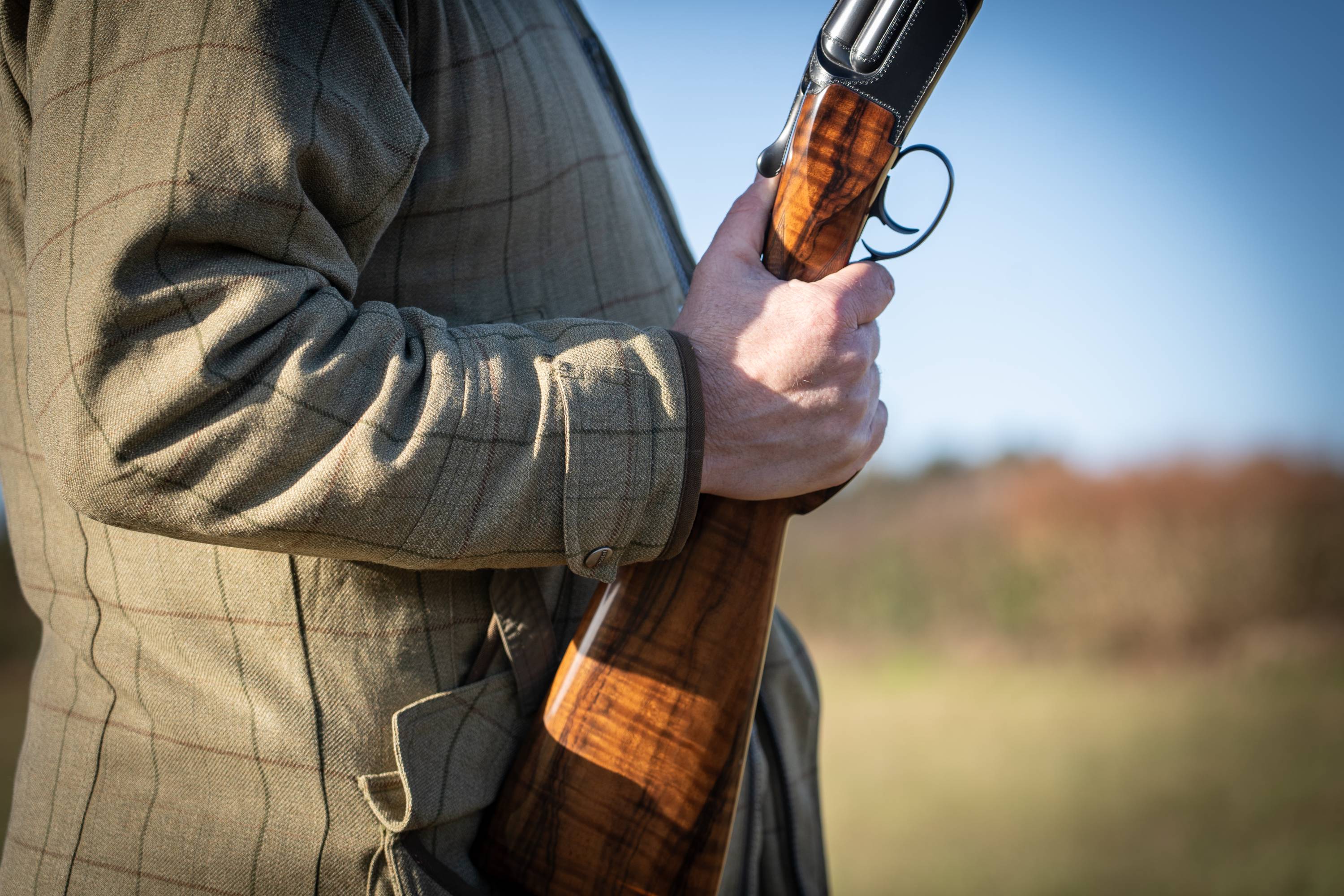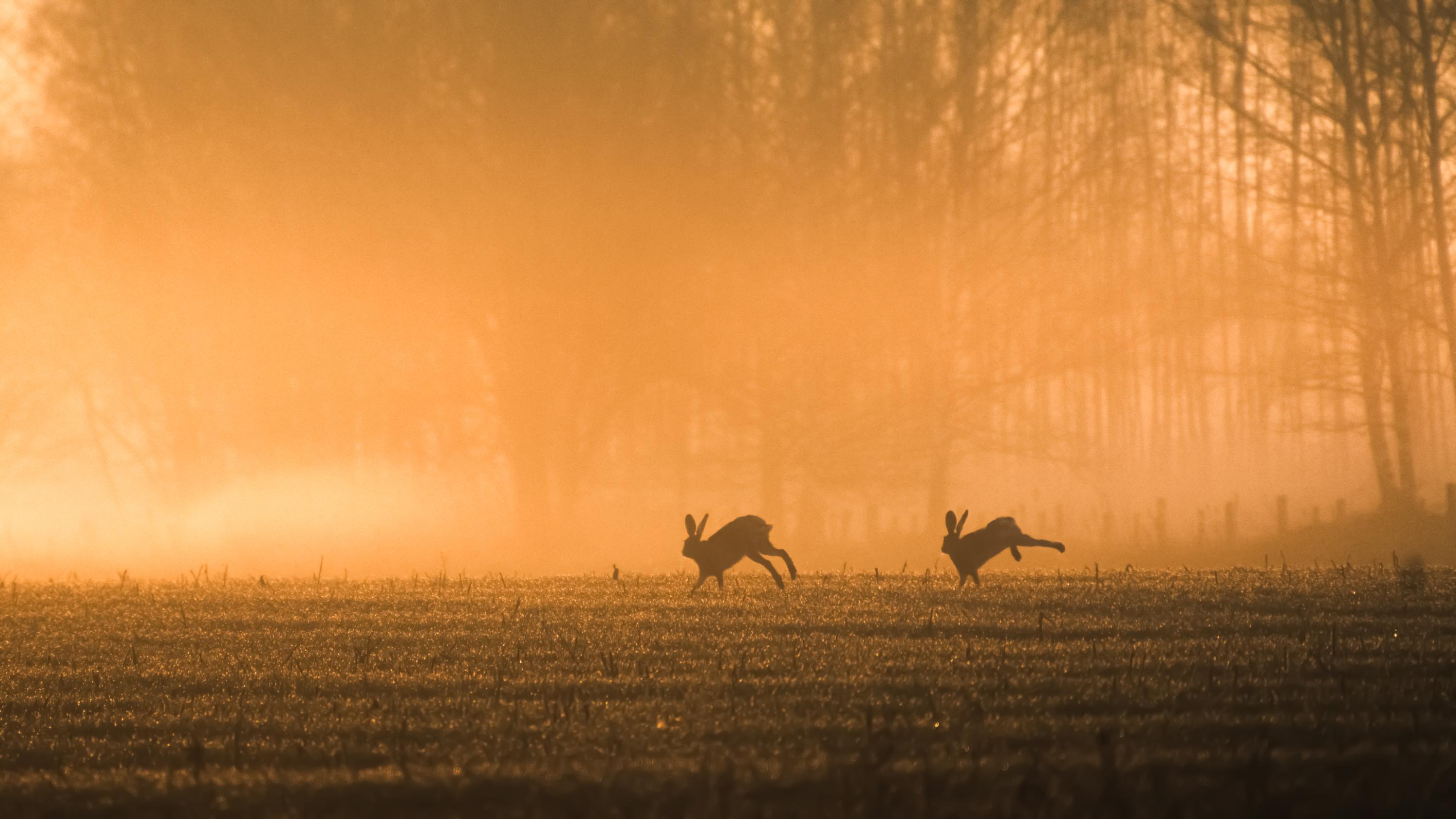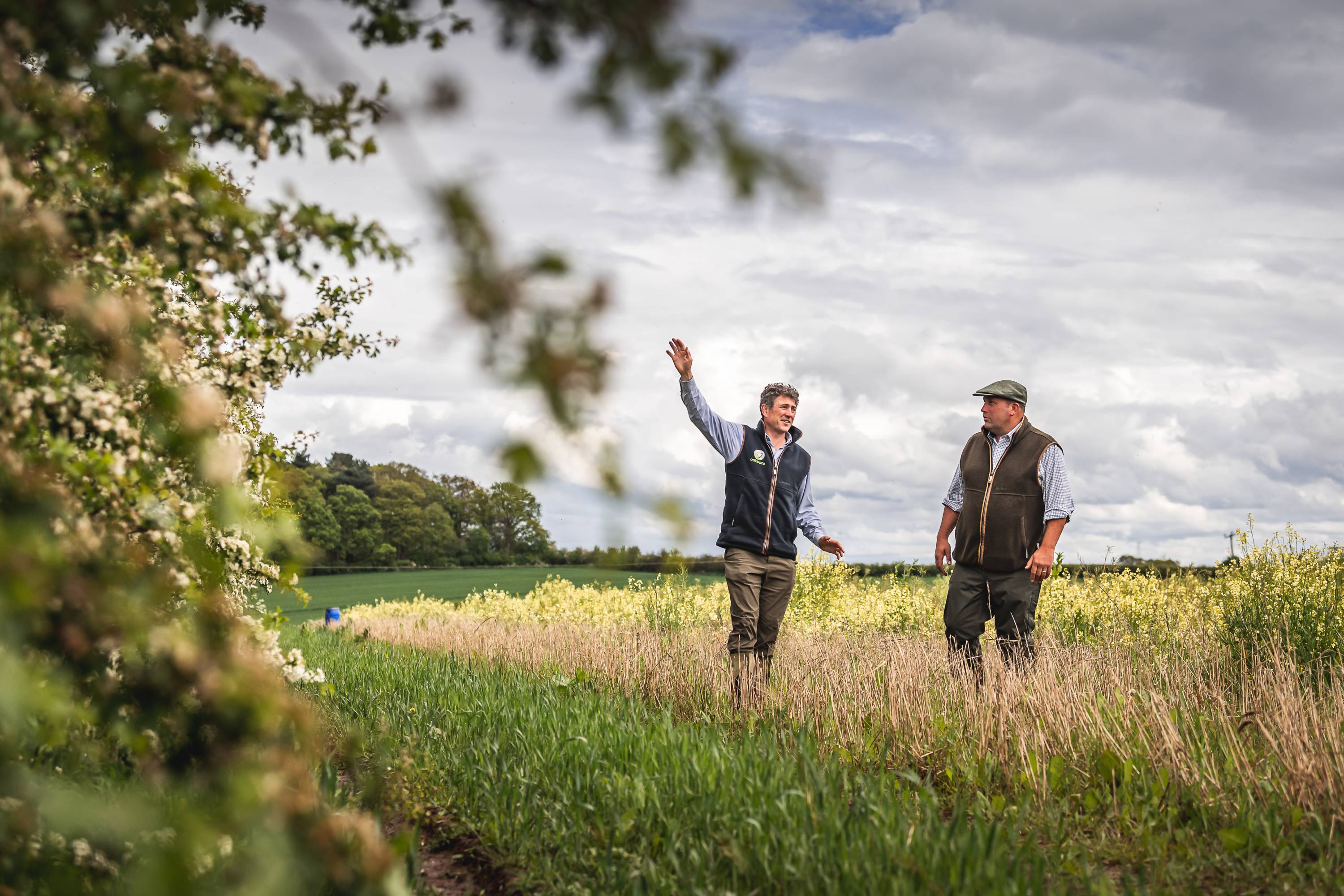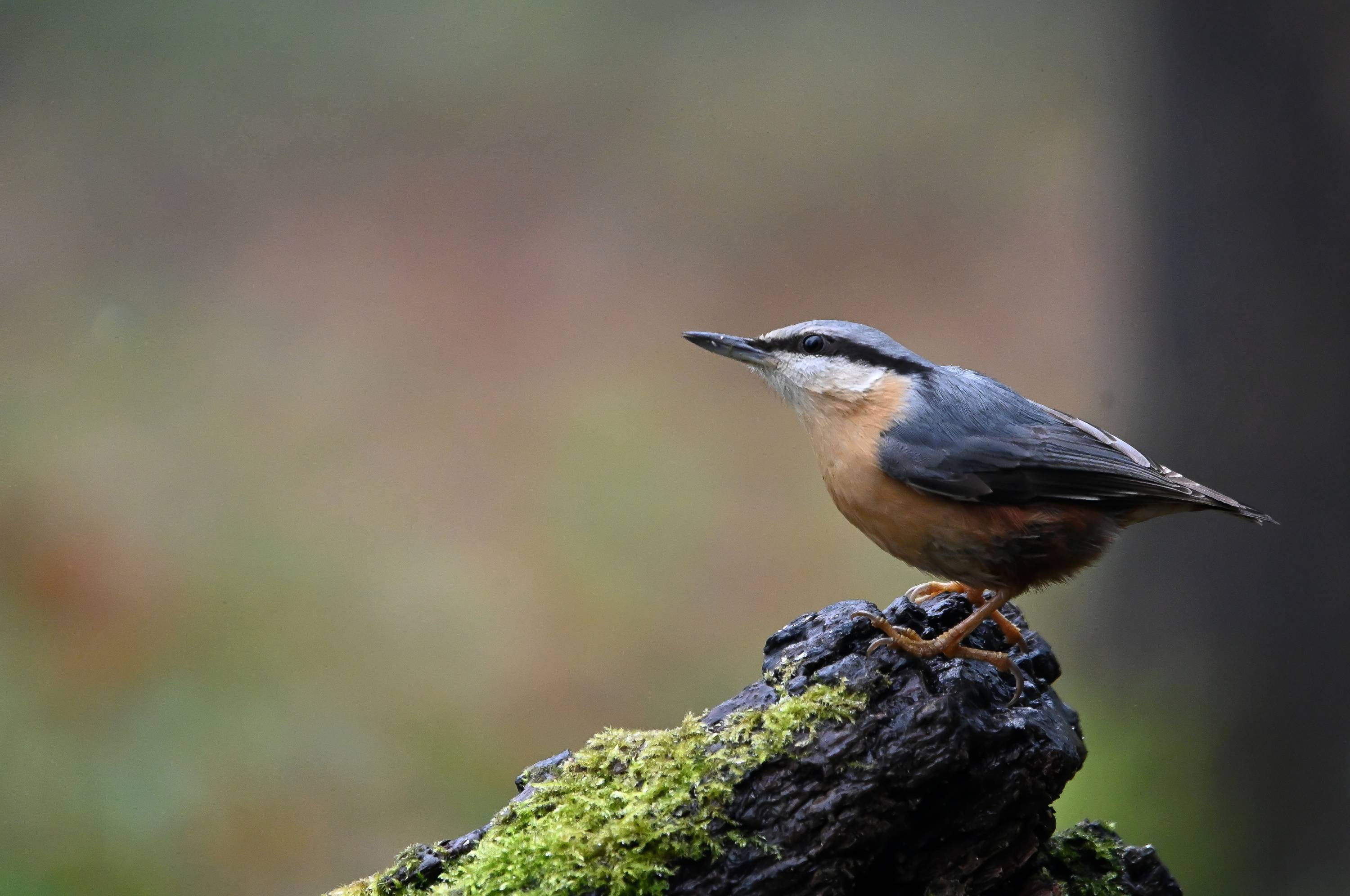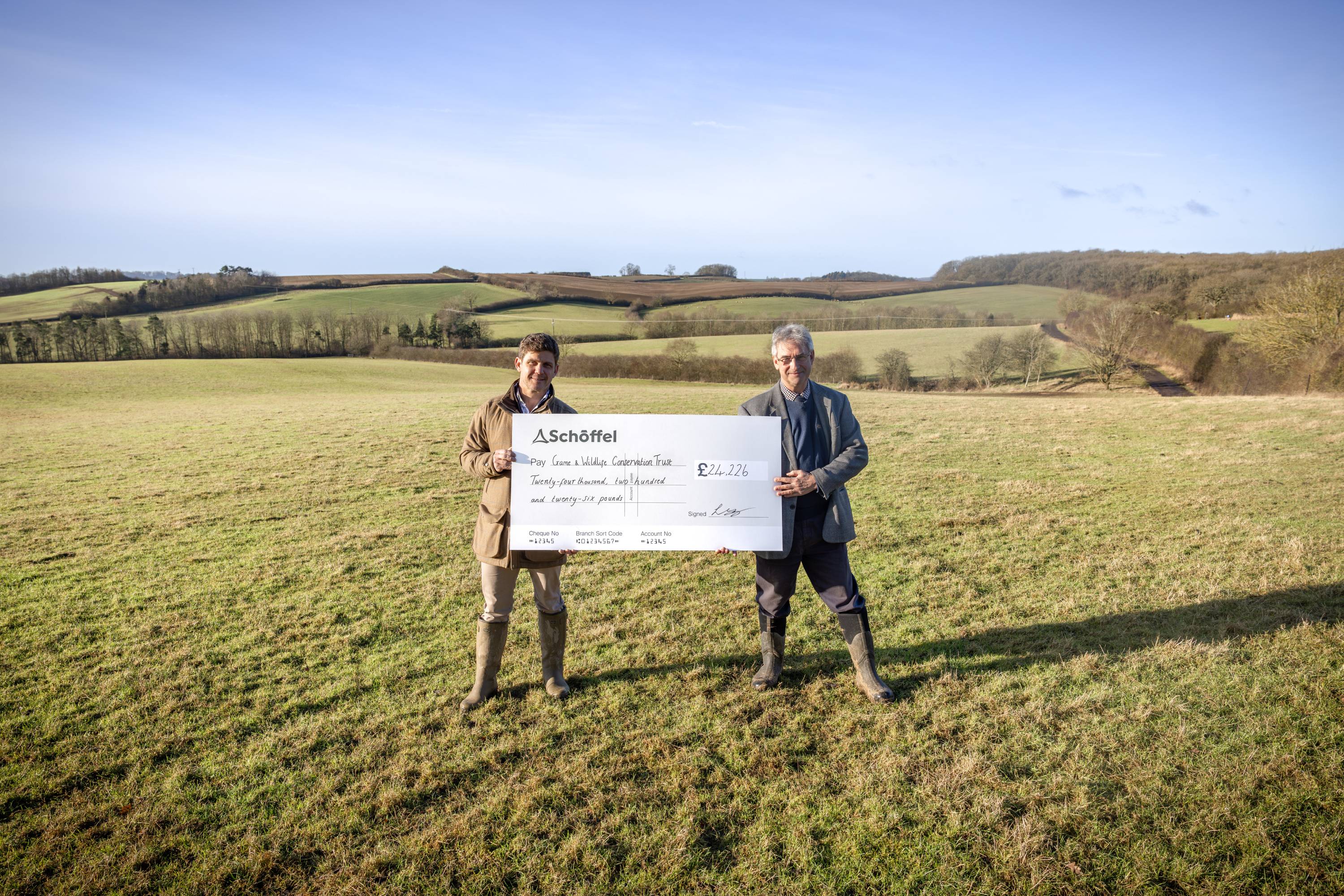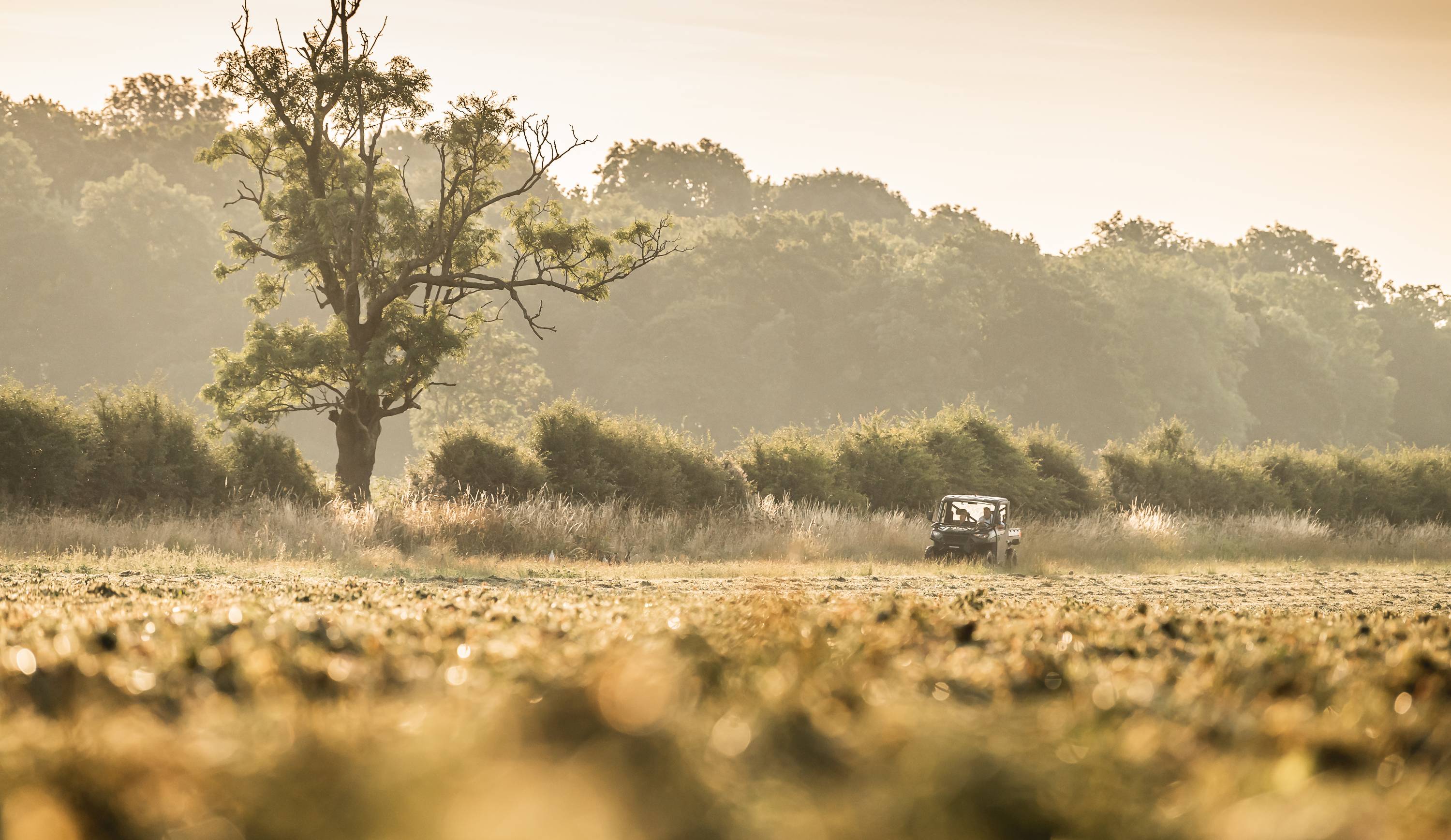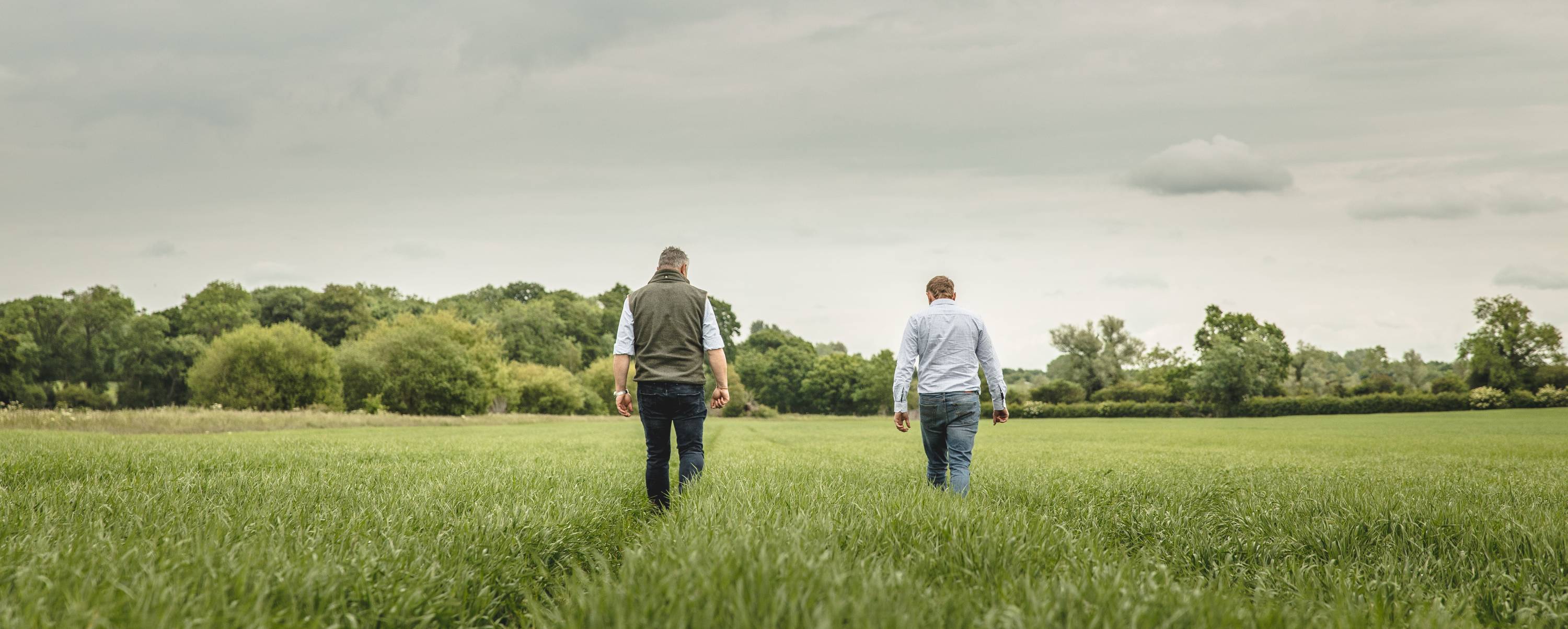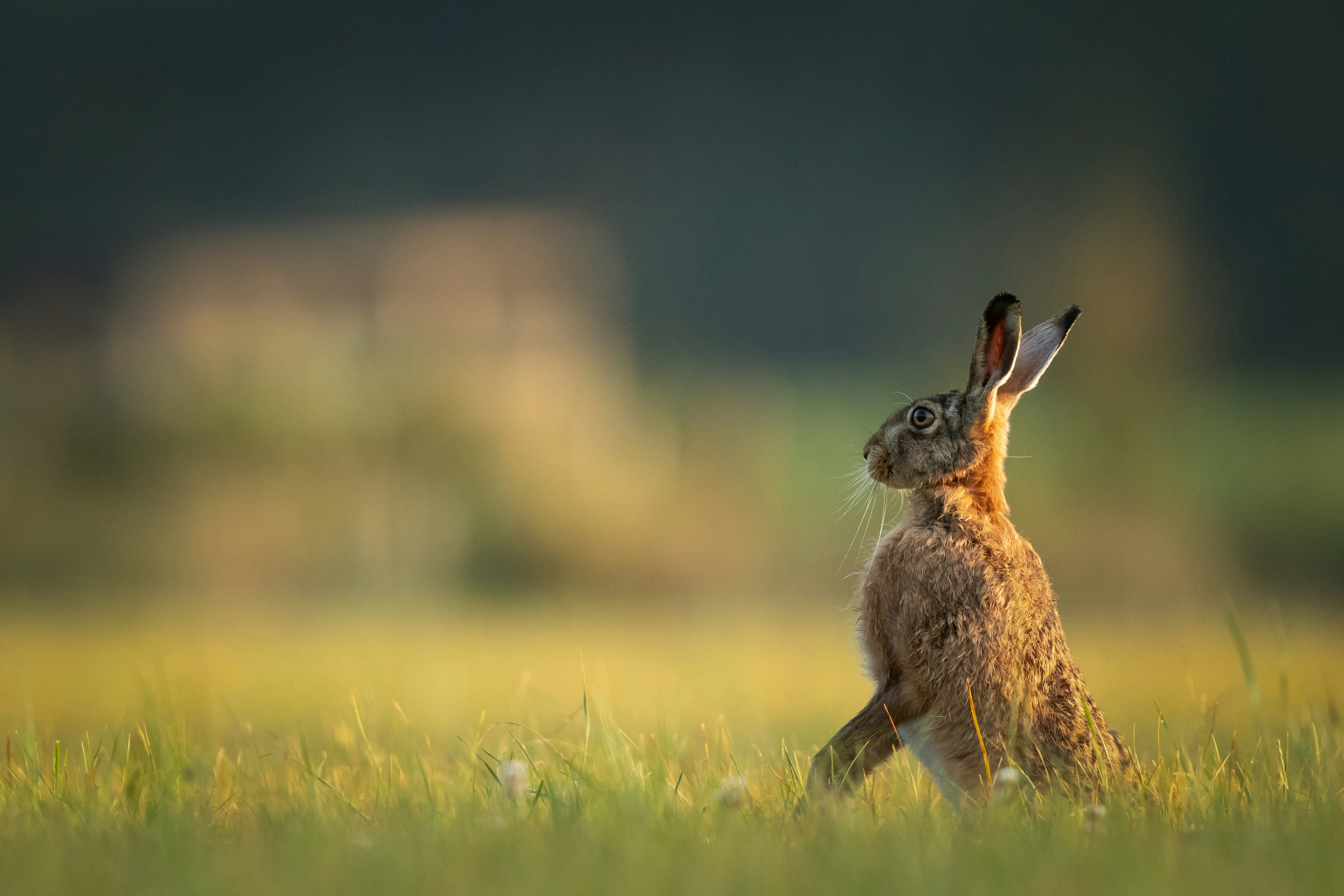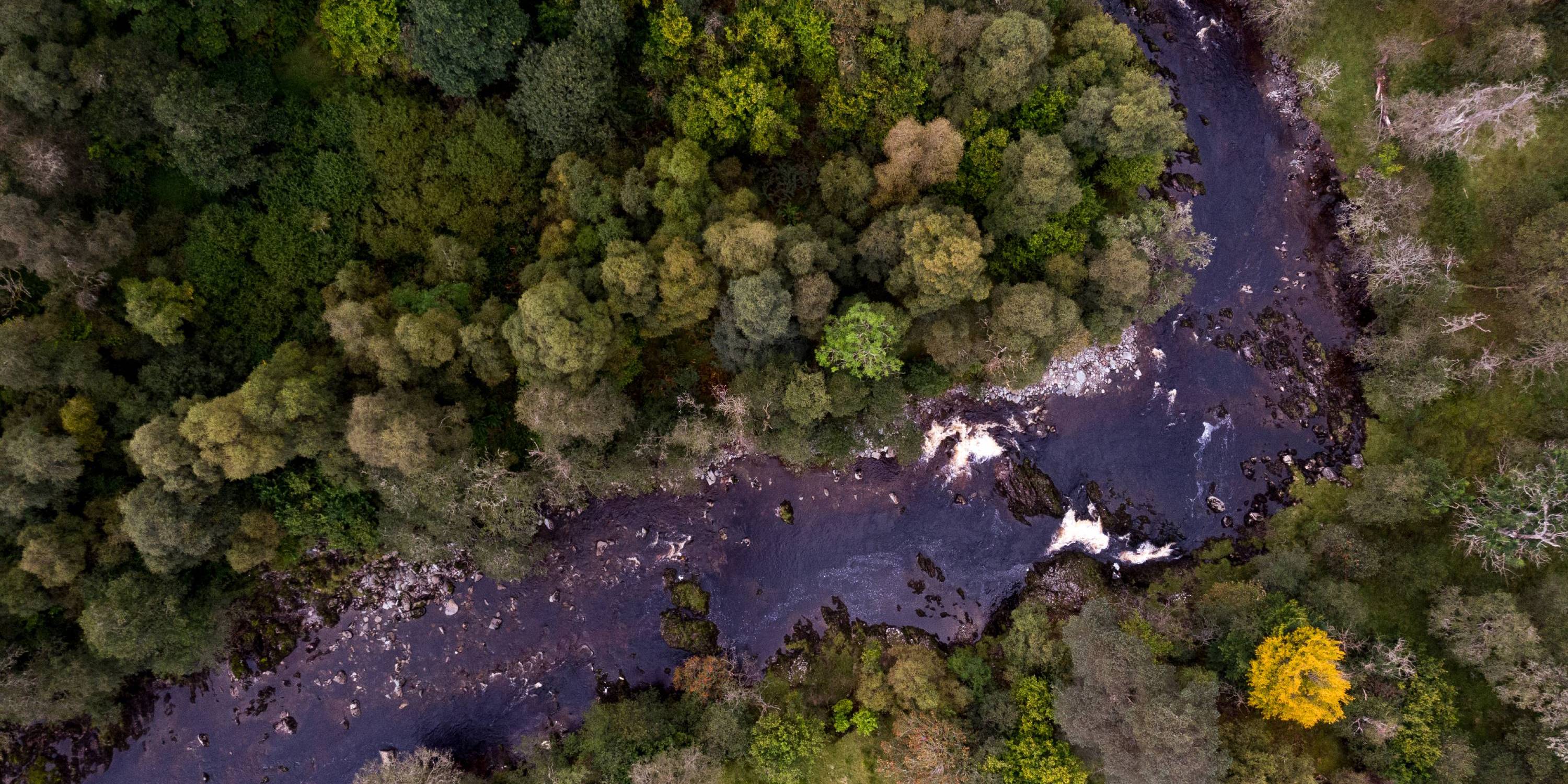
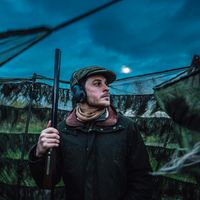
What’s to come in 2025? We asked three key countryside organisations
Directors and CEOs from the British Association for Shooting and Conservation, Atlantic Salmon Trust, and Countryside Alliance outline the challenges, opportunities and areas of focus for the year ahead.
As 2025 begins to unfurl, what can we expect to see and hear more of? We put the question to three of the UK’s key countryside organisations, each with their own perspectives, ambitions and priorities. From educational initiatives, changes to firearms licensing fees, and innovative projects to help save iconic species, to government proposals to ban important conservation tools and introduce new taxes, it seems there’s much in store...
Gareth Dockerty, executive director of shooting and operations at the British Association for Shooting and Conservation (BASC), says:
The year 2025 is set to be a pivotal year for shooting and conservation, and BASC is positioned to lead the way. As the UK’s largest shooting and conservation organisation, BASC remains committed to meeting challenges head-on while delivering meaningful progress for its members and the rest of the shooting sector.
A key focus will be the ongoing issue of lead ammunition, following the Health and Safety Executive's (HSE) final recommendations to restrict the use of lead ammunition across England, Scotland, and Wales. We have worked tirelessly to ensure the interests of shooting sports are protected. Engagement with the HSE and other agencies has already secured critical concessions for clay grounds and airgun shooters.
We are pleased that airguns, which are predominantly used for small quarry and target shooting, have not been included in the restrictions, and welcome the extended timelines of five years for the restriction on the sale and use of shotgun ammunition for live quarry and three years for large-calibre rifle ammunition. But BASC is opposed to the inclusion of .243 calibre as a “large calibre” in the HSE’s recommendations – we will be urging Defra to disregard this recommendation from the HSE and classify .243 as a small calibre.
Conservation is integral to sustainable shooting, and we plan to increase grants and loans through the BASC Wildlife Fund to clubs and other organisations for their conservation and environmental projects. More than £50,000 has already been allocated to organisations like GWCT and Working for Waders Scotland (more information can be found on bascwildlifefund.co.uk).
In wildfowling, we continue to demonstrate leadership by working with Defra, Natural England, and other stakeholders to support clubs in securing and renewing leases on Crown Estate land. Ongoing efforts, such as the wing survey, provide vital data on waterfowl population trends, ensuring decisions are underpinned by robust evidence. Partnerships with the Waterfowlers Network and the British Trust for Ornithology further enhance our role in preserving sustainable wildfowling practices.
BASC recognises the challenges ahead, particularly from groups seeking to curtail shooting. Wild Justice, for example, has launched a petition to government calling for a ban on driven grouse shooting. BASC will continue to oppose such moves, mobilising its membership and engaging policymakers to ensure shooting's contributions to conservation and rural economies are fully recognised. Similarly, we are addressing proposals by the Welsh Government to restrict gamebird release and revise general licences.
We are also prepared to challenge attempts by police forces to cut services for firearms users, having successfully reversed Gloucestershire Constabulary's suspension of licensing applications in 2024. Our goal is to support the police while advocating for our members, and we will continue to provide police forces with detailed, practical training on key topics such as firearms use, licensing updates, and the transition to non-lead ammunition.
Engaging future generations is a priority for BASC. Programmes such as BASC to School and Let’s Learn Moor offer young people hands-on experiences in shooting and conservation, fostering understanding and appreciation for the countryside. Meanwhile, initiatives like the Legacy Sponsorship Awards and the Land-based and Environment Learner (LBEL) Awards celebrate and support young talent, ensuring the sustainability of shooting for years to come.
Members also continue to benefit from our extensive range of services and opportunities. From competitive insurance and vehicle discounts to complimentary entry to events such as The Game Fair, the organisation remains focused on delivering benefits for our members. With a growing portfolio of courses and events, BASC is providing educational and practical opportunities for all age groups, further strengthening its role as the leading voice for shooting and conservation.
BASC is steadfast in its mission to safeguard sustainable shooting and promote its vital role in conservation. The challenges ahead are significant, but so too are the opportunities. By uniting members, collaborating with partners, and championing sustainable practices, we are determined to make 2025 a year of progress and achievement.
Mark Bilsby, chief executive of the Atlantic Salmon Trust, says:
Wild Atlantic salmon in Great Britain are now endangered and while there were fleeting glimmers of hope in 2024, the Atlantic Salmon Trust is entirely focused on reversing this decline and giving salmon the future they deserve. Our work takes place on land, in freshwater and at sea, and looks to identify and implement positive solutions for wild salmon across their entire lifecycle.
We are continuing to make huge strides in putting science into action on the ground, expanding the reach and impact of our work through a growing network of catchment restoration partnerships. Through our flagship Core Rivers programme, on the Laxford (in partnership with Grosvenor’s Reay Forest Estate) and Deveron (in partnership with the Deveron, Bogie & Isla Rivers Charitable Trust), we are now generating incredibly detailed information about the health of their salmon populations and how best to restore them. Work on these river systems will continue to expand in 2025 as we move into the physical restoration of these catchments.
As we cannot take such a detailed approach on every river, we recently established our Watershed Connections programme to inspire and facilitate restoration of catchments around the UK. In short, transferring hard-won knowledge from the Laxford and Deveron, as well as our other innovative research programmes, to benefit other rivers.
The first partnership in Watershed Connections was the Save the Spring programme on the Aberdeenshire Dee. This is a planned 20-year programme to safeguard, restore and future-proof the upper tributaries of this majestic river, heartland of its spring salmon. Aligned with our other work programmes, the focus is on delivering cold, clean water in biodiverse and resilient upper catchment tributaries to give wild salmon the conditions they require for a long-term, sustainable future. This programme is also piloting innovative wild fish repopulation methods intended to support wild spawning, and 2025 will potentially be the year where adult salmon, initially captured as ‘smolts’, will be released back into the wild to spawn. We’re looking ahead to this with optimism, albeit with a degree of caution as a number of challenges lie ahead.
The Watershed Connections programme has now developed to start initiating evidence-based restoration projects from the south coast of England through to the Outer Hebrides and locations in between. These projects are only achievable by working in partnership, either with our colleagues in the Missing Salmon Alliance or local communities and land managers who care deeply about the future of wild Atlantic salmon. We certainly cannot do this on our own.
The year begins for us with Wild Salmon Connections – a significant international conference which brings together wild salmon conservation organisations, government representatives, industry bodies and business leaders from across the Atlantic and Pacific. The event, which takes place in London at the end of January, has been organised by the Missing Salmon Alliance, of which the Atlantic Salmon Trust is a founding member, and aims to activate an urgent, renewed international focus on wild salmon. Its mission is to inspire action to secure thriving wild salmon at the heart of healthy ecosystems. Above all, the message from this event is that there is hope – success is possible for wild salmon if we take action at scale and align restoration efforts across national boundaries.
Wild Atlantic salmon continue to face significant challenges in a fast-changing world. We’ll be doing everything we can in 2025 to meet those challenges head-on, working in partnership with others to champion, demonstrate and implement the solutions required to give salmon the future they deserve. This is what we mean by putting #WildSalmonFirst.
Tim Bonner, chief executive of the Countryside Alliance, says:
Labour politician Nye Bevan once famously said that politics is “the language of priorities” and in 2025 we will get an idea of what the new government’s priorities for the countryside really are. In opposition Keir Starmer talked about respect for rural communities and restoring trust between them and the Labour Party. In government things have not been so clear cut and the changes to inheritance tax on agricultural land announced in the budget have created a crisis in Labour’s relationship with the farming sector almost before ministers have got their feet under their new desks.
Unlike some commentators I read the chancellor’s announcement as cock up rather than conspiracy and will be watching carefully to see how the government navigates its way through this issue which will have a huge bearing on its approach to other rural issues. Unfortunately, this is now largely about politics rather than policy and most importantly how a chancellor can back away from a headline policy announced in her first budget without having to reverse a policy entirely.
Feeling in the countryside remains very strong and protests will continue until the government finds an alternative approach. Meanwhile, Defra ministers have other items on their agenda. Notably delivering the new farming support policy, but also a series of more controversial commitments from Labour’s election manifesto. Those include pledges to ban trail hunting and snares, and to recover the full costs of firearms licensing.
On trail hunting the Boxing Day media highlighted the challenge that the government will have in arguing that this issue is anything other than a reversion to the sort of partial politics in the countryside that saw 700 hours of parliamentary time wasted on this issue under the last Labour government. This is especially true in the wake of the inheritance tax row. Ministers were defensive in their response, stressing that trail hunting was “not a priority” and that it had not been included in the King’s Speech. We know, however, that there will be huge pressure from the animal rights movement and the left of the Labour Party for movement on an issue which Labour has promised to legislate on.
The argument over the cost of firearms licensing is likely to raise its head earlier in the year and will again involve some telling decisions from ministers. The basic principle of ‘full cost recovery’ is applied across government and is not one we can realistically oppose; fees have not risen since 2015. What we can, and will, argue is that the cost that should be recovered is for an efficient system that delivers for users. That is a far cry from the current firearms licensing system which could hardly be designed to be more inefficient with 43 separate licensing authorities, some of which are providing appalling service.
The difference in terms of the cost to gun owners of funding an efficient system versus paying for the current one might be hundreds of pounds. The government has said it needs to recover an additional £20 million a year from the system and if it seeks to extract all of that from licence holders, rather than by also making efficiency savings, it is likely to alienate another sizeable section of the rural community.
The third outstanding manifesto commitment is to “ban snare traps”. Labour did not consult on this policy before the election and the language it has used suggests it is not itself certain what it means. One thing is certain and that is that a blanket ban on all forms of cable restraints will do nothing to help the biodiversity crisis which the government is also committed to tackle. There is no logic in shedding tears over the plight of species like the curlew whilst legislating to remove a tool used by many of those who are most successful in working for the recovery of that and other species.
It will be a fascinating year in Westminster, as well as in the UK’s other parliaments, with many other issues from the prohibition of lead ammunition to the licensing of gamebird release also on the agenda.








